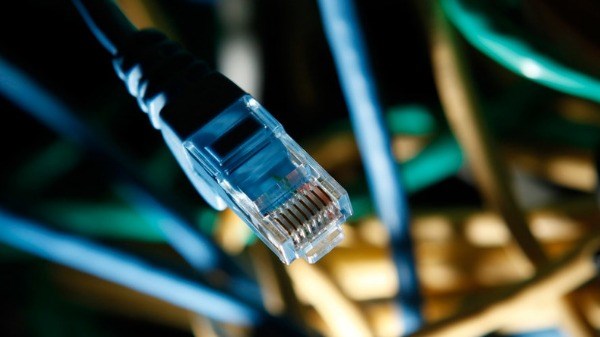Russia starts installing equipment to isolate internet
Russia’s federal communications censorship agency,Roskomnadzor, has begun installing equipment to implement the law “On a sovereign internet”, which will come into force partially on November 1 this year and completely in 2021.
Devices to “block network security threats” are currently being installed on the networks of the primary telecommunications operators, Roskomnadzor head Aleksandr Zharov told the TASS news agency.
Testing will start at the end of September and continue for several weeks, involving all major mobile operators.
“We will test it, as we have always said, carefully… that is, we will initially conduct a technical assessment, does it influence the traffic, does it not influence the traffic, do all services work properly,” Zharov explained.
Then testing will begin “in combat mode,” the executive noted.
A “sovereign internet”, which the Russian government claims is necessary due to the threat of being disconnected from the global internet, will be tested in one of Russia’s regions until the end of October.
A manufacturer which was able to pass bench testing in time has already been chosen for the test. Another two suppliers are also close to passing bench testing, and are joining the project, Zharov noted.
The head of Roskomnadzor said that the creation of a center for monitoring and controlling general communications is also on schedule – its configuration is ready, and by November 1 the documents will be completed and an implementer will be determined.
At the end of September, Moscow-based internet providers received a letter from Roskomnadzor informing them that they must install “technical devices to counteract threats”, as well as color schemes at the points where they are installed.
Roskomnadzor has been working to create a new mechanism to fight against Telegram and banned content. The fruits of this labor will appear over the course of the year, Zharov said on Monday.
“It will be a fight with projectiles and armor. We are dealing with this issue, and we’ll probably blow up the pirate ship at some point,” he said.
In November 2017, Russian President Vladimir Putin ordered that work be done to develop autonomous internet control systems for Russia in order to avoid the US’s “dominance”.
The Russian ministries of communications and of foreign affairs were instructed to reach agreements with BRICS countries to create a de facto parallel internet – their own Domain Name System to “double up” the existing one, not controlled by international organizations, which could protect Russian users from “targeted interference”.
One year ago, Russia passed the law “On a sovereign internet” which stipulates that the Russian internet must be able to operate autonomously. It also requires that as little data as possible be sent abroad, and introduces strict control of traffic within Russia, expanding the functions of Roskomnadzor.
The law states that all traffic within Russia must pass through exchange points approved by Roskomnadzor. In order to do so, mobile operators and internet providers must install equipment on their networks which the censorship agency can use to interfere with the flow of traffic and block prohibited online resources.
